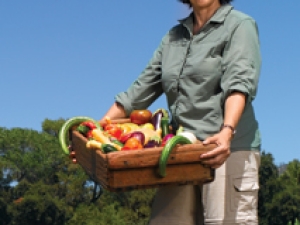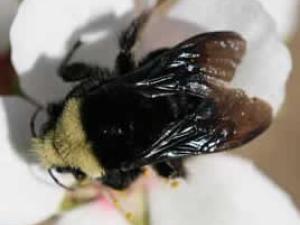

Research Bio
Lynn Huntsinger is a rangeland ecologist whose research explores the interactions among ecology, land use, and cultural practices. She is best known for her studies of rangeland management in the American West, analyzing how ranchers, conservationists, and Indigenous communities shape ecosystems through grazing and stewardship. Huntsinger’s work integrates ecology, social science, and policy to examine sustainability, biodiversity, and cultural values in working landscapes. Her scholarship has contributed to understanding co-management and adaptive governance in rangeland systems.
She is Professor of Rangeland Ecology and Management in the Department of Environmental Science, Policy, and Management at UC Berkeley. Her research has been published in Rangeland Ecology & Management, Nature Food , Society & Natural Resources, and Ecology and Society. Huntsinger has received recognition from the Society for Range Management, the California Rangeland Trust, and The California Cattlemen's Association, and received NSF funding for her work. At Berkeley, she teaches rangeland ecology and management, mentoring students in interdisciplinary environmental research.
Research Expertise and Interest
ecosystems, rangeland ecology and management, natural resources, Native American history, livestock, China
In the News
The Surprising Ecological Benefits of Cows
How to feed a starving world? A new center at Berkeley seeks solutions
How to feed a fast-growing world where 900 million people are undernourished? Claire Kremen, a conservation biologist, sees traditional, sustainable practices as the solution. She and a group of Berkeley colleagues are establishing a new Berkeley Center for Diversified Farming Systems to find ways to scale up agroecological practices around the globe. A special report from the College of Natural Resources.
Wild pollinators worth up to $2.4 billion to farmers, study finds
Wild, free-living bees help California agriculture reap $937 million to $2.4 billion a year in economic value and provide an estimated one-third or more of all pollination “services” to the state’s crops, according to a new UC Berkeley study.



